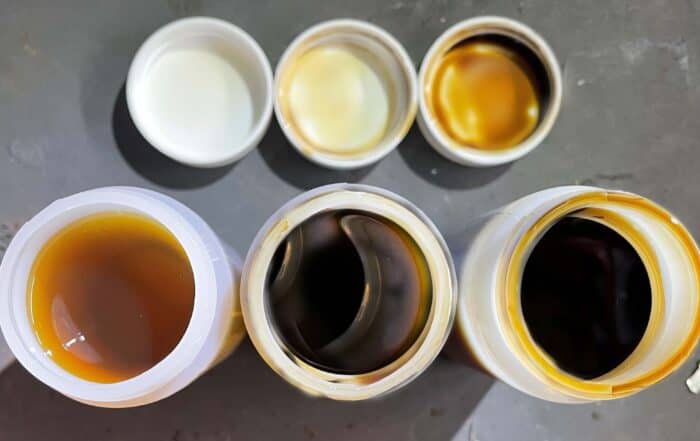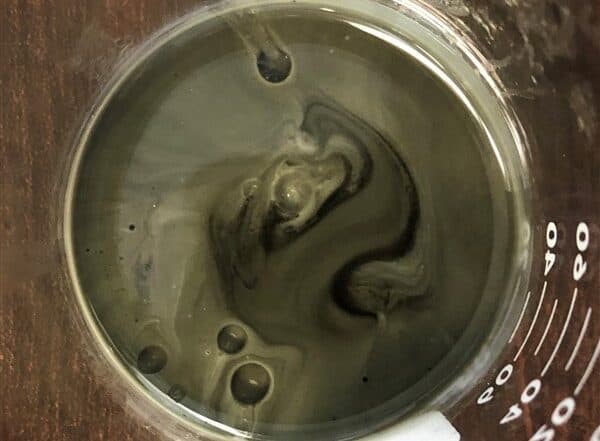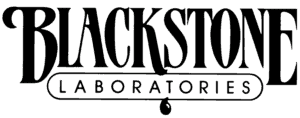Industrial Oil Analysis
What can oil analysis tell you about industrial oils?

Industrial machinery literally runs on oil, and that oil needs to be maintained. Oil that becomes wet, acidic, or abrasive will turn on its host (machine) and become a liability. Oil analysis can help.
Maintenance programs, when in place at all, have historically depended on a time-based change program (often at an annual shutdown). While this is better than nothing, with time-based intervals, you have no idea whether the oil actually needs to be changed or not. Changing the oil is time consuming and if you’re throwing away good oil, you’re tossing money down the drain, hurting the bottom line.
Through analysis, you can monitor the condition of your oil to ensure the oil change interval is correct, and you can also monitor the health of machines, scheduling inspections and repairs during planned down-times instead of waiting for mechanical failures.
Moisture problems
Industrial oils run “cold” compared to other (such as automotive-use) oils, and they tend to accumulate moisture. The moisture comes from humidity in the air, or in some cases, it’s directly introduced to the oil from coolants and related systems. Moisture affects the lubricity of the oil, decreasing its effectiveness. Moisture in the oil can cause a variety of problems, such as poorly running hydraulic rams, machine seizing, and chatter.
Another negative effect of moisture in oil is acidity. Oil, by its molecular nature, cannot become an acid. But there is always a little moisture present in oil that’s operating at relatively cool temperatures, and that moisture can turn acidic. Acids in a machine’s oil sump will corrosively attack internal parts — not only the metallic parts, but the seals as well. Corroded valves become ineffective. Many headaches in a machine’s operation can be directly attributed to oil condition. Though oils do not respond to the pH test, there is a neutralization test called Total Acid Number (TAN) that can easily spot oil that is becoming problematic.
Abrasion problems
Industrial oil becomes abrasive from wear metals, abrasive dirt, and particle contamination. Too much metal in the oil can make the oil itself abrasive, causing a snowball effect in wear or seal degradation. Machine seals are lubricated by the system’s oil, and they will last a long time if the oil is maintained effectively. If not, the seals will degrade and cause leakage. Leaking machines require pans under them, which need to be vacuumed regularly, and the waste oil poses a disposal problem. Fresh oil is purchased needlessly, running up maintenance costs. Machines that leak also run the risk of being run low on oil and having improper oils used as replacement. All these expensive problems can be eliminated by keeping the oil in serviceable condition.
What about filtering the oil?
Many industrial operations hire filtration companies to filter insolubles and abrasive contaminants from their oil. Some plants operate their own filtration equipment. Filtering oil that’s currently in use is a good idea, and it helps companies avoid needlessly purchasing virgin oil products, but it has limits. Not everything can be removed by filtering the oil, and some filtration systems are less effective than others. Oil analysis can help determine which oils need filtering or changing and it can help determine the effectiveness of a company’s filtration program.
Not all wear metals and abrasive contaminants can be filtered out of the oil; they tend to accumulate and eventually reach levels that leave the oil unserviceable. A test known as the ISO Cleanliness Code (also called a “Particle Count“) can be used to rate the cleanliness of an oil sample. This test also shows the effectiveness of the machine’s in-line oil filtration.
Preventive maintenance
When a machine you depend on for your daily output fails, it costs far more than the cost of repairs; a company can lose millions in down time and lost production. When you think of it, the cost of a routine oil analysis for your machines may be the least expensive insurance you can buy to keep your machines mechanically healthy, well lubricated, and functioning trouble-free.
Related articles
TBN/TAN: Do You Need One?
What exactly is a TBN or TAN, and do you really need one?
Sampling Methods
Does it matter how you take a sample?
The Renuzit Experiment
Is ZDDP really necessary?
The Lower Unit Blues
Water contamination in a marine lower unit









